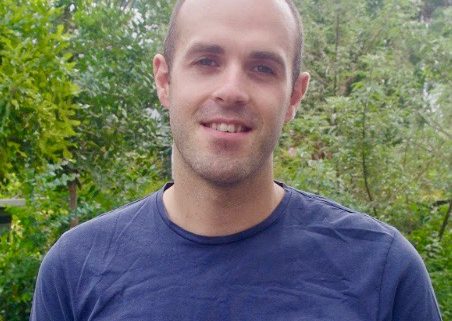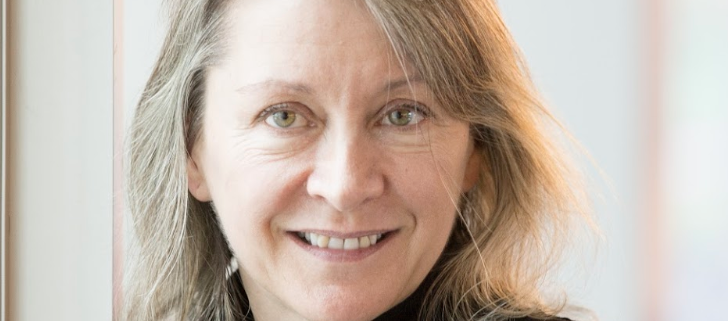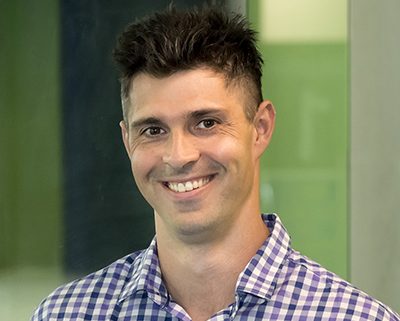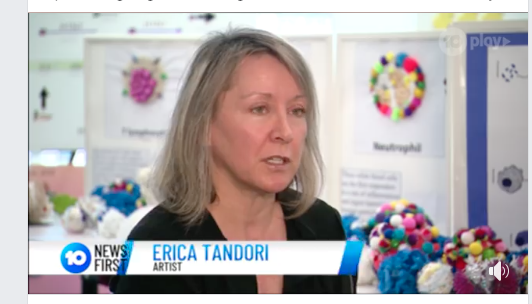Out of sight – an exhibition that explains cancer to members of the low vision community
Outreach programs at universities often involve displays, exhibitions, lectures and other forms of public engagement. Researchers within the Monash Biomedicine Discovery Institute (BDI) have developed a unique program targeted at those who have low vision or are blind.
Called the Sensory Scientific Exhibition and Discovery Day, the program has travelled nationally – most recently on show at the Lion’s Eye Institute in Perth, and was a finalist for the 2019 Eureka Prize for STEM Inclusion.
This year’s exhibition, to be held on Friday 6 December at Monash University’s Clayton campus will focus on cancer research. With tactile 3D models, 2D graphic displays, olfactory displays, large print and braille formats, the event will be specifically geared to a low vision/blind audience.
Professor Roger Daly, Head of the Monash BDI’s Department of Biochemistry and Molecular Biology and Cancer Program, is hosting the event.
“We take for granted, when talking to students, the general public and even patients, that they can see what we are talking about when describing what happens in cancer at a cellular and anatomical level,” Professor Daly said.
“For those who have low or no vision, using words is often not enough – so programs that can convert these scientific concepts into tactile and audible demonstrations are enormously valuable,” he said.
Last year, the Monash BDI’s Professor Jamie Rossjohn recruited Dr Erica Tandori, who is also legally blind, as an artist-in-residence to produce art that could explain infection and immunity to the blind and those with low vision and provide expert advice for the activities in the exhibition. This year, Dr Tandori will produce a completely new suite of tactile art and models that depict cells and cell division, tumour growth and invasion, standard and new, targeted cancer treatments and more.
Exhibition visitors will have access to 3D models of cancer cells, and immerse themselves in interactive activities and sessions on cancer research. Participants will also be able to experience Monash University’s CAVE2 facility which is a 360 degree immersive experience that will have cancer related molecules projected onto enormous surround-screens.
“We’ll have 2D and 3D models, tactile posters and interactive art. The exhibition even includes soft toys of cancer cells that can be healed when flipped inside out, so that people can experience different textures in a hands-on learning activity,” said Monash BDI’s Dr Kylie Wagstaff, who is coordinating the day.
“All of the models will be accompanied by descriptions in both large text and braille and we will have volunteers from our research community on hand to guide the participants and to explain concepts and answer questions. Each small group topic will have interactive and sensory displays suitable for all ages- we really want this to be an inspiring multi-sensory experience. We are encouraging everyone to attend, as we have activities that will appeal to all,” Dr Wagstaff said.
The Sensory Scientific Exhibition and Discovery Day will be held on Friday 6 December at Monash University, Clayton campus. Click here to find out more and to register.






